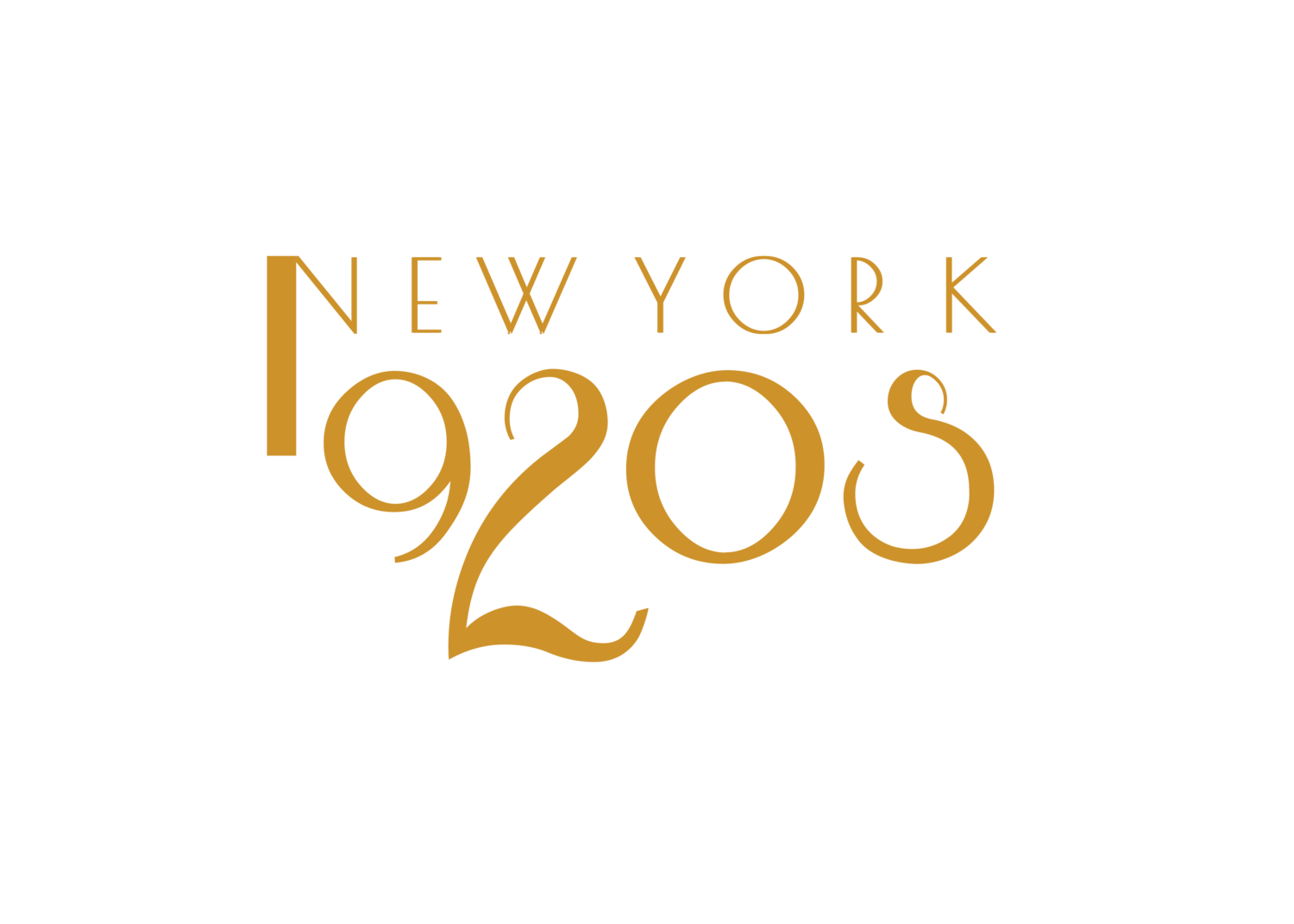The Honest Ballot association, protecting voters
One hundred years ago today … amid fears of voter suppression and voter fraud, the Honest Ballot Association, headquartered at 18 West 34 Street, was trying to marshal an army of poll watchers for the November 2 election. The Columbia Spectator carried a plea to university students (male ones).
Columbia Spectator, 6 October 1920, p. 1. Columbia University Libraries.
Over three weeks later, the organization, headed by Joseph D. Sears, was still trying to recruit volunteers, and with renewed urgency. The cause for alarm? NYC had created new voting districts and new polling sites, and had not yet announced the latter.
New York Herald, 31 October, p. 5. Chronicling America.
Sears was concerned not only with aiding voters to navigate the new system, but also with watching for voting irregularities, since “confusion is liable to prove capital to the dishonest voter.”
The Honest Ballot Association’s purposes were mixed. President John T. Pratt urged people in crowded districts to ensure their right to vote by bringing proof to the polls, while also warning of illegitimate voters, especially “foreign-born” ones.
Evening World, 29 October, p. 1. Chronicling America.
According to the World article’s title (though not really the ensuing text), Pratt was particularly interested in fairness for, and fraud attending, “foreign-born” women voters. The organization’s vice president, Dr. Katherine B. Davis, was more explicit in her concern about newly-minted voters who were immigrant women. She inveighed against instructions in languages other than English and any other accommodations.
Brooklyn Daily Eagle, 8 October, p. 22. Chronicling America.
The Honest Ballot Association’s strategy of deploying college students was not always a success. According to Thayer Watkins, such volunteers might be met with violence. “In an election in the 1920's the Honest Ballot Association sent 245 Princeton University students to Jersey City to act as poll watchers. Within one hour, five were beaten up so badly that they had to be sent to the hospital and all of them were excluded from the polling places.” (“The Political Machine of
Frank Hague of Jersey City, New Jersey”)
RELATED POSTS:
October 4, 1920: Voter Registration Begins
July 3, 1920: NY Press and the Democratic National Convention
June 15, 1920: “The Rivals”: Socialist Political Satire from “Good Morning” Magazine
March 5, 1920: The Republican Party Survey
WRITTEN BY JONATHAN GOLDMAN, OCTOBER 6, 2020
TAGS: elections, politics, immigrants, language, citizenship




